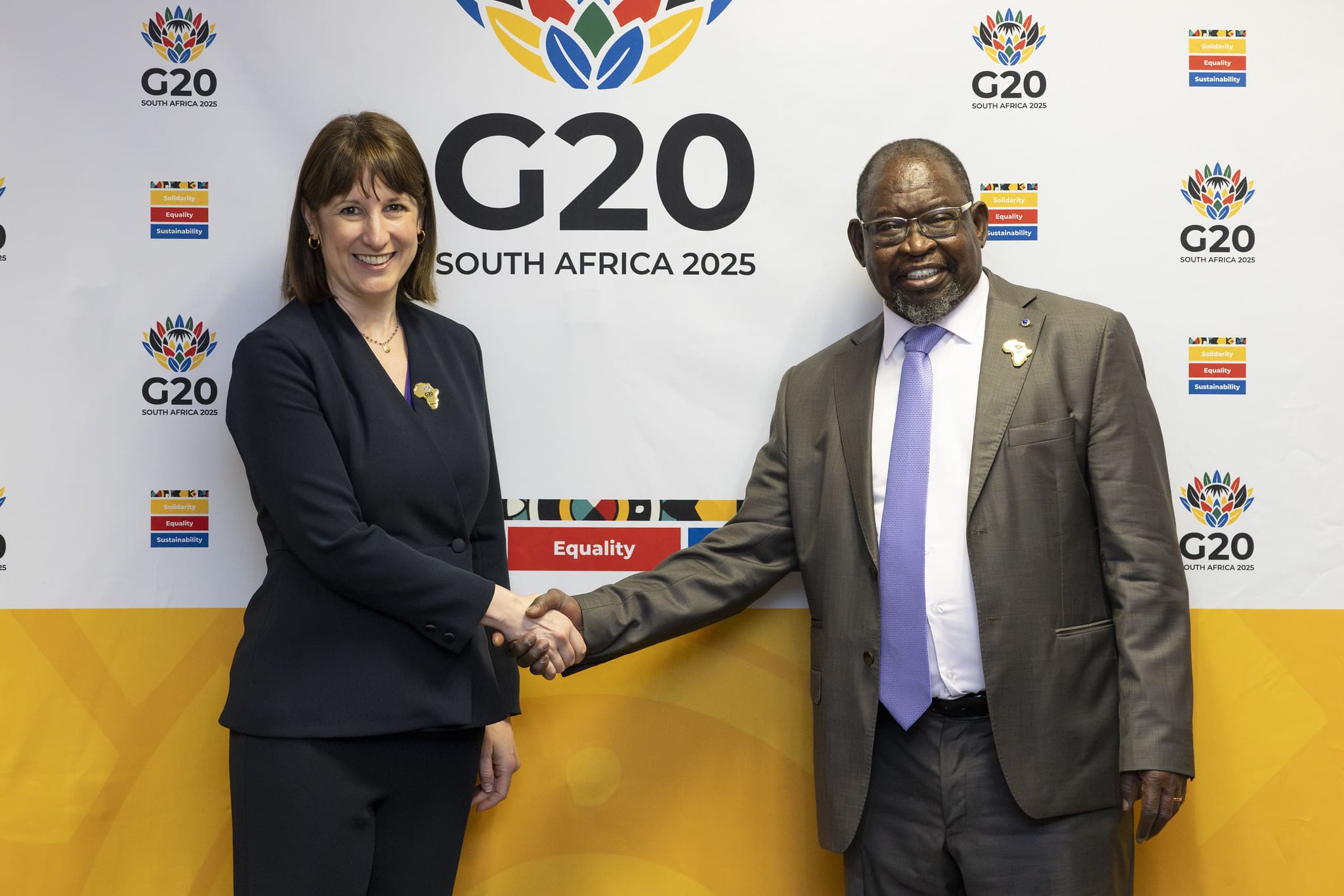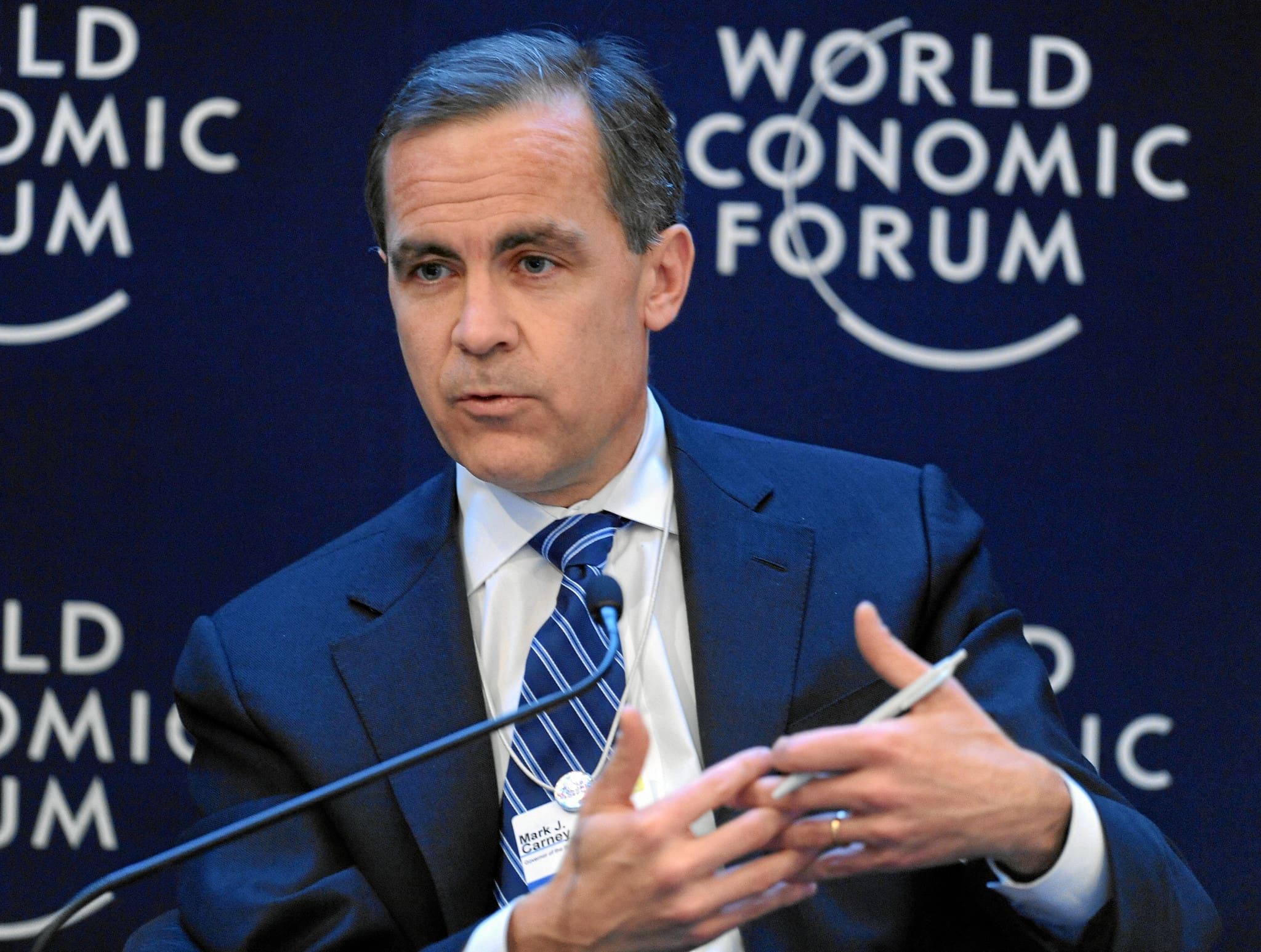This week, the third G20 Finance Ministers and Central Bank Governors Meeting, held at the Zimbali Estate in KwaZulu-Natal, brought together global finance leaders to address pressing economic challenges, with a focus on fair and sustainable policies.
Representatives from G20 member states and international organisations attended, with notable absences from finance ministers of the United States, China, India and Russia.
South Africa was represented by Finance Minister Enoch Godongwana and South African Reserve Bank Governor Lesetja Kganyago.
For South Africa, which is facing slow economic growth, high debt, and ongoing inequality, this meeting presents a significant opportunity to advocate for Africa’s needs, especially now that the country has assumed the presidency of the G20 as of December 1, 2024.
explain spoke with Sumarie Swanepoel, a senior lecturer in taxation at the University of Pretoria, whose expertise in gender and taxation sheds light on how South Africa can navigate these discussions to address both local and continental needs
1. Why is this particular meeting important for countries like South Africa, which are grappling with slow economic growth, high debt, and inequality?
The 2030 Sustainable Development Goals (SDGs) deadline is approaching, and a significant portion of the G20’s activities align with the SDGs. It is a good juncture to reflect on progress achieved and progress still needed.
2. South Africa is chairing the G20 in 2025. How can the country leverage its current position to its advantage, particularly in terms of development and African priorities?
South Africa can set the agenda and drive discussions, but many of the post-World War institutions, of which the G20 is one, lack teeth; i.e. they cannot enforce anything. It is a chance to showcase the country, but the cost of hosting is almost 700 million rand. The cancellations to date (in February this year and more recently) are indicative that the G20 is not a priority for everyone. There is also a worldwide shift to the right, which is the antithesis of many of the goals we aim to achieve. For example, equality cannot be removed from issues related to gender, class, and race. They are inherently related. The world’s poorest people are women. Equality must be viewed through a gender lens to be meaningful.
3. What would success at this G20 meeting look like for South Africa? Are there specific policy wins or commitments it should push for?
In my view, success should look to the future. We’ve had presidencies from Brazil, then India, and now South Africa. So, we’re seeing the leadership of developing economies. At the end of this, we’re handing over the presidency to the US, a significantly developed nation. I think we should brace ourselves for that and decide how we’re going to keep the issues of developing economies central to the G20 discussion during that handover.
4. Finance ministers from many of the G20’s biggest economies have cancelled their trips to this meeting. What will this mean for agreements that need to be made at the summit?
There’s nothing that forces them to come to the table. Their absence means we can’t really reach agreements on various economic policies.
Tax is my area of expertise, which is treated as a side thought within the finance element of the G20. For example, there’s no National Tax Agenda Working Group, which is disappointing, because I believe it has redistributive potential. It speaks to equality, butit’ss not really a central theme.
So, not having the finance ministers here means wecan’tt tackle any of the issues, not that we even really seem to want to tackle the tax issues in this forum.
5. In your view, what role should finance ministers be playing at the G20?
What I’m disappointed to see is that they’re not looking at issues like international tax and its particular effect on developing countries.
We saw the pushback to our proposed increase in the VAT rate recently, and that’s because VAT is such a regressive tax. It affects the poor far more significantly and proportionally than the wealthy. It’s disappointing to see that we’re not putting these tax issues front and centre, which deeply affect developing economies.
The G20 Finance Meeting shows how global economic decisions affect local issues in South Africa. Although the absence of key finance ministers might slow progress, South Africa still has the opportunity to shape the agenda when it hosts the event in 2025. To make a real impact, South Africa must continue to advocate for the needs of developing countries, particularly fair tax systems and policies that support women. How South Africa navigates this responsibility will shape not only its future but the future of the entire African continent.
Lona is a recent graduate with an Honours degree in Journalism and Media Studies from Wits University. Passionate about storytelling, she is eager to learn, grow, and hone her writing skills.




